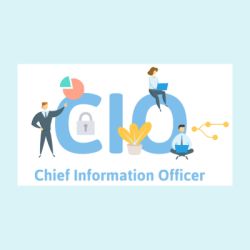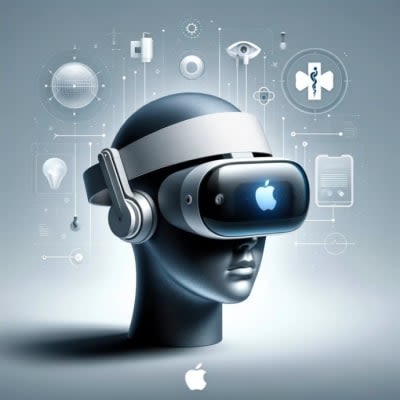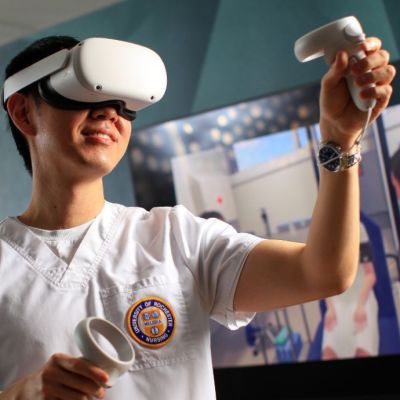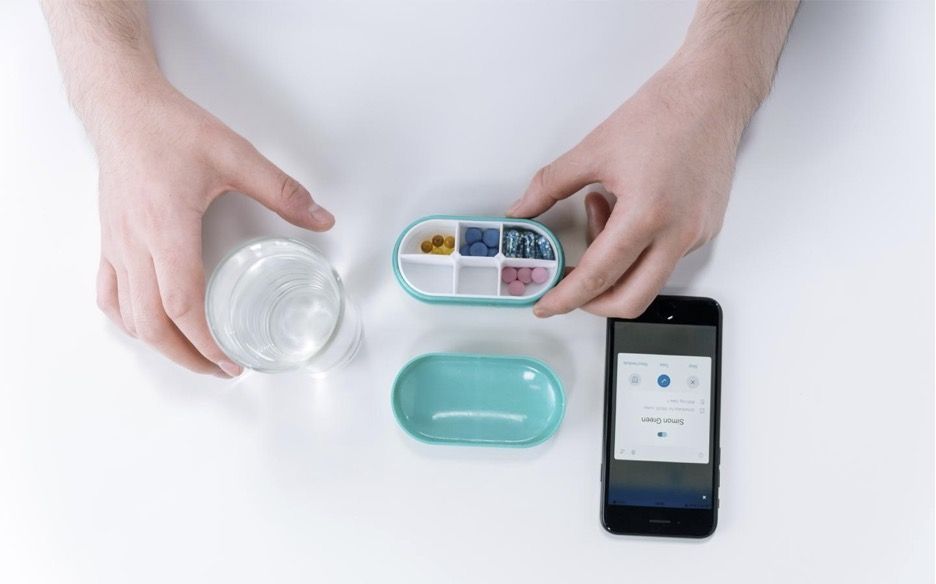
Mobile apps in healthcare have become increasingly popular over the past decade due to their ease of use and ability to provide quick access to information at any time and place. They are helping people all over the world to stay on top of their health — both physical and mental.
Some examples of these health apps are Fitbit for tracking physical activity, MyFitnessPal for managing diet, and Flo Period Tracker Period & Ovulation Tracker for monitoring symptoms. There are also apps like Ornament: Health Monitoring, which allows users to both track their health and share important data with their doctors.
When looking for a company to turn to with your digital health development needs, it is important to consider expertise, diligence, and compliance — to make sure they can help you build your app or integrate an existing one into your workflow. However, it is equally important to consider the major benefits and limitations of health mobile apps.
Six Benefits of Mobile Apps for Health
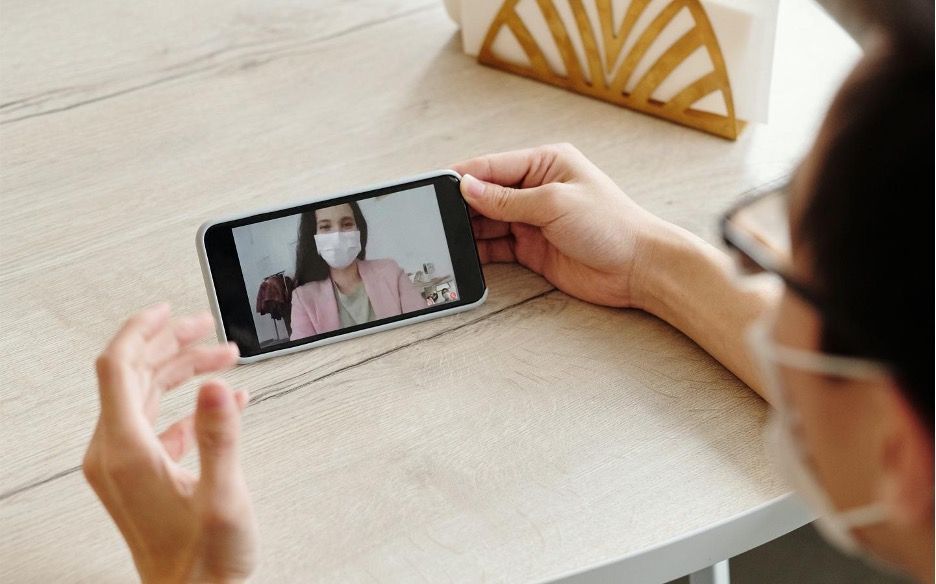
Image link: https://www.pexels.com/photo/man-having-a-video-call-on-his-phone-4031820/
Here are some of the biggest value factors of mobile apps in healthcare:
Information
Healthcare apps like Fitbit use sensors, GPS, and internet connection to track vitals like heart rate and sleep time. Information that helps achieve fitness goals, such as the number of steps taken in a day, calories burned per exercise, and the number of strokes it took to reach the other side of a pool, can also be provided by apps.
Mobile apps present health information in the form of infographics and tables, which is easy for users to understand and can be customised based on the user's needs.
Education
Mobile apps can improve users' health education by providing personalised feedback and coaching based on their health data and goals. For example, apps can compare users' health data to the average levels in their age group and offer advice on reaching optimal numbers.
Moreover, healthcare apps can:
- provide information about specific diseases or conditions;
- present insights on healthy living;
- offer advice on how best to manage symptoms related to certain ailments.
For example, pregnant women might benefit from an app like Flo Period Tracker Period & Ovulation Tracker that helps manage morning sickness. Those suffering from mental illness might want an app such as A Happy Mind geared toward reducing stress and improving health overall.
Monitoring
Mobile apps are useful for individuals at risk of developing chronic diseases like diabetes, asthma, or heart disease because they allow them to regularly monitor their blood glucose levels and peak flow measurements through self-testing using a finger prick and spirometry. It allows them to make changes in diet or exercise habits if needed before the onset of more serious symptoms such as high blood pressure or chest pain is left untreated too long.
Diagnosis
Mobile apps can assist in diagnosis by allowing users to input their symptoms and receive a potential diagnosis. For example, recent studies of ChatGPT show that the AI-powered solution was able to indicate the right diagnosis within the first three choices in 87% of cases. Apps are becoming increasingly accurate as technology progresses.
Treatment
Patients are more likely to adhere to the prescribed treatment plan when they use mobile apps to track their medication usage. Offering reminders based on clinical guidelines or evidence-based studies on effective treatments for certain diseases is one way in which mobile apps can improve treatment adherence.
Support
When you need to contact your doctor, waiting on hold and navigating their office's automated phone system can be frustrating. With a mobile app, you can receive notifications when the doctor has seen your message or video call invite, send secure messages and have video calls from your device; and schedule appointments or consultations in the app.
Six Challenges and Limitations of Mobile Apps for Health
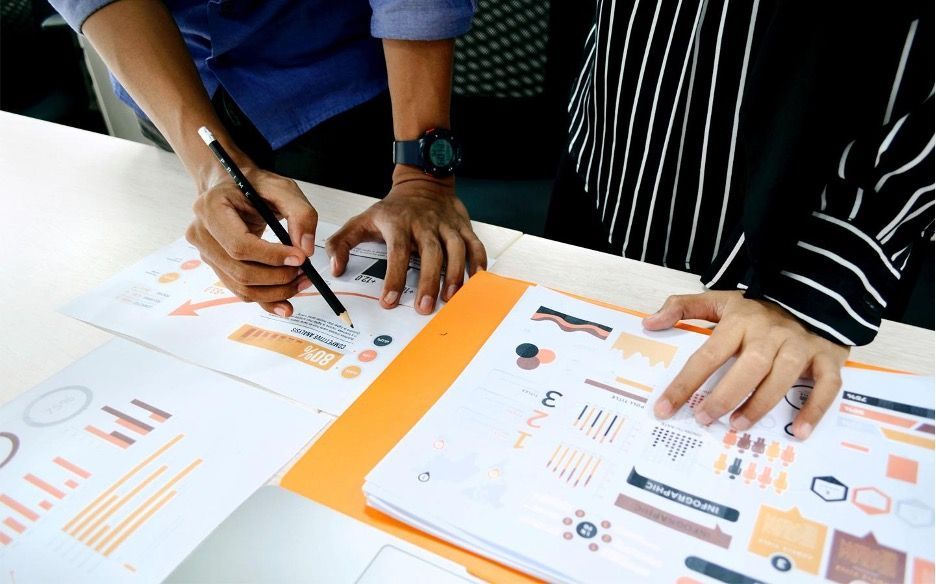
Image link: https://unsplash.com/photos/8mikJ83LmSQ
Mobile apps are not a panacea for all of healthcare's problems. Challenges and limitations of mobile apps are:
Evidence
There is not much evidence on the effectiveness and cost-effectiveness of mobile apps in healthcare. In fact, many mobile apps have not been validated by rigorous research studies, so it is difficult to know if they will work as promised or if they are safe to use in your practice setting.
Regulation
The lack of regulation and quality assurance for health purposes is another hurdle. The healthcare industry has a set of regulatory bodies, such as HIPAA and the FDA, that have guidelines and rules regarding mobile apps. Some apps neglect the importance of obeying those rules, which can lead to privacy and security mitigations and substantial fines.
Interoperability
In healthcare, interoperability is a key challenge for mobile health software. Many healthcare systems do not speak the same language or use similar protocols. For example, there are standards such as HL7 and FHIR for exchanging information between an electronic healthcare record (EHR) and a device. Each vendor has its own approach, which can lead to incompatibility issues if you want to share your data with someone else's system.
User Engagement
In 2021, about 54,000 healthcare apps were available on the App Store. By the end of 2022, this number decreased to 41,500. Many struggle with low usability and acceptance rates due to poor design or lack of user education about how to use the apps properly. It can result in high abandonment rates among patients who download the app but then stop using it.
Training
If a provider or patient doesn't know how to use an app properly, they might not be able to access all its features. It could mean missed opportunities for improving care or missing valuable information about a patient's condition.
Technical Infrastructure
Mobile apps need to be able to communicate with other systems. They also require data storage that can be secure and accessible remotely. Many organisations lack these capabilities due to limited budgets or inadequate staff training who manage them.
Mobile Apps for Health Monitoring: Final Note
With more people using mobile devices than ever before, providers of health services must adapt their practices accordingly so they don't lose potential clients — or worse yet, miss an opportunity to help someone who could be saved with a timely intervention.

